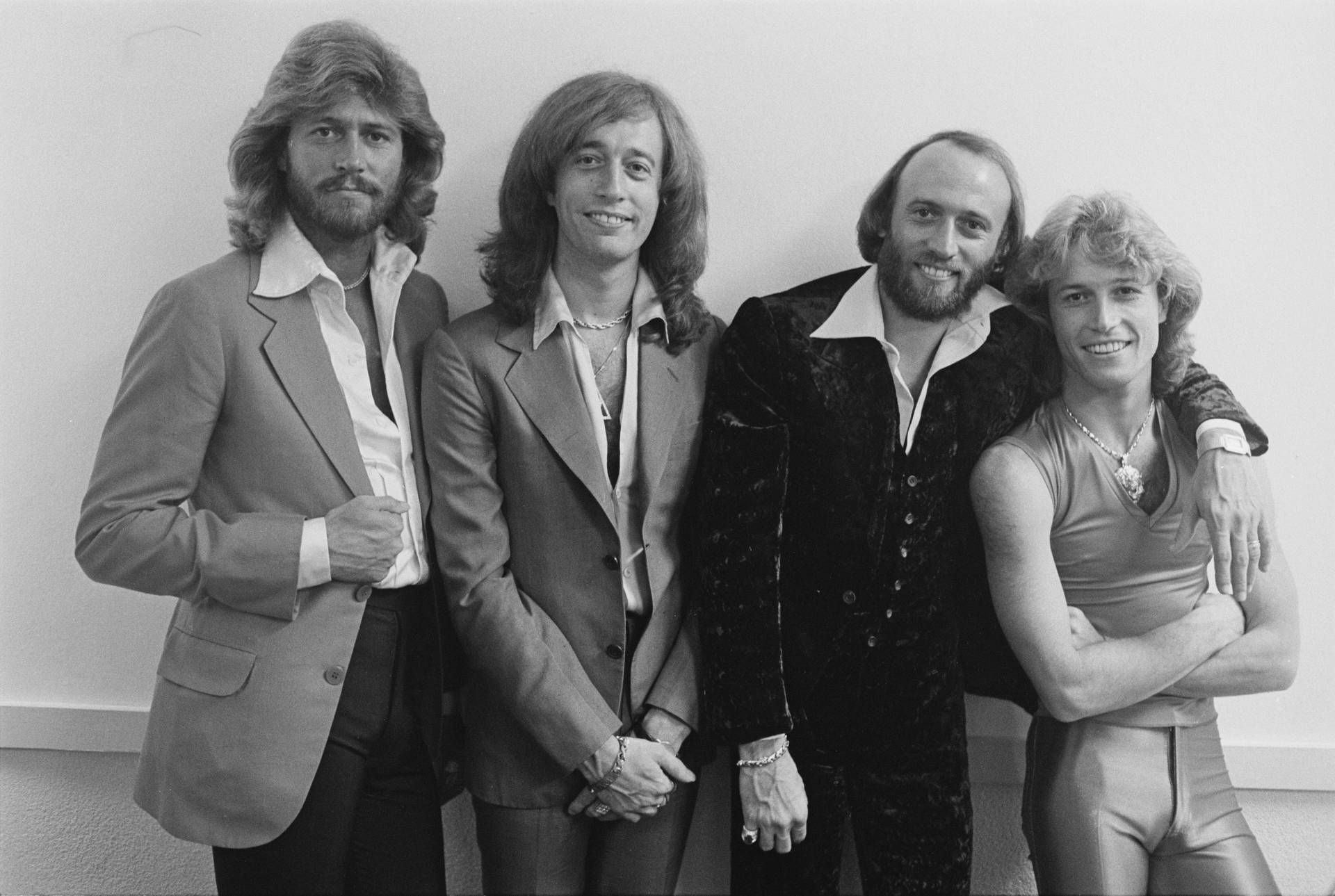
“Wish You Were Here” is the Bee Gees turning grief into harmony—an intimate prayer for a brother whose absence still rings louder than any chorus.
The essential facts first, because they frame everything you hear. “Wish You Were Here” appears on the Bee Gees’ 1989 album One, released April 17, 1989 in the UK (and later in other territories, including the U.S. in July 1989). The album reached No. 29 on the UK Albums Chart and No. 68 on the Billboard 200—respectable numbers, but the real weight of the record is emotional, not commercial. And this song in particular carries a clear, documented purpose: One was dedicated to their youngest brother Andy Gibb, and “Wish You Were Here” was written as a tribute to him after his death in 1988.
That context changes the air in the room before the first note even lands. According to the album’s background notes, the Bee Gees had begun work in early 1988 with the idea that this might become their first album as a four-brother group, with Andy officially joining them—an almost storybook turn, the family circle closing in music. Then Andy died suddenly, and the brothers stepped back from recording until they returned months later to finish the album. The grief isn’t an abstract “sad mood” here; it’s a specific interruption in time—plans collapsing, voices continuing, memory taking the lead.
“Wish You Were Here” itself belongs to that earliest wave of loss. Joseph Brennan’s detailed session chronicle notes that the brothers wrote it “explicitly for Andy,” but soon after, they “gave it up and took six months off,” with recording for the next album not resuming until November. That single sentence tells you everything about the song’s core: it wasn’t crafted at a safe emotional distance. It was written too close to the wound, while the shock was still warm.
And yet, what makes “Wish You Were Here” endure is that it doesn’t try to win sympathy. It doesn’t dramatize grief with grand theatrics. Instead, it does what the Bee Gees always did best—takes a complicated feeling and makes it singable, repeatable, survivable. The title phrase is almost painfully plain, the sort of thing people actually say when they don’t have the language for what they’ve lost. There’s no clever disguise in it—just the honesty of a room suddenly missing someone.
Even in 1989, the band understood its power. In a Gavin Report interview dated November 24, 1989, the interviewer directly refers to “Wish You Were Here” as “the song that you dedicate to Andy,” and Robin Gibb discusses the possibility of releasing it as a single (weighing it against “Bodyguard”). That moment is revealing: it shows the song wasn’t merely a private album track tossed into the sequence. It was recognized—inside the Bee Gees’ own circle—as something central, something that listeners might hold close.
The album’s documented recording windows also mirror the song’s emotional timeline. One was recorded across March–April 1988, then later November–December 1988, and February–March 1989, spanning the period before and after the long pause. That staggered schedule matters because you can often hear when a record has lived through a break in the heart. Songs completed after loss tend to carry a different patience, as if the singers have learned that rushing doesn’t help.
And that’s the deeper meaning of “Wish You Were Here.” It’s not only mourning; it’s the mind’s refusal to accept the finality of absence. The lyric, in its most human shape, behaves the way grief behaves: it returns to the same thought, the same regret, the same tender mental photograph—because the heart doesn’t “move on” in a straight line. It moves in circles, revisiting what it loved, trying to keep a person present through repetition. When the Bee Gees sing this, you don’t just hear polished harmony—you hear three brothers trying to keep a fourth brother audible in the only way they know.
In the end, “Wish You Were Here” stands as one of the Bee Gees’ most quietly devastating works because it isn’t nostalgia, and it isn’t sentimentality. It is remembrance with fingerprints on it—music that admits what can’t be fixed, while still offering the small mercy of saying it out loud. And sometimes that is all a song can do: hold the missing name in the air for a few minutes, so the silence doesn’t get the last word.